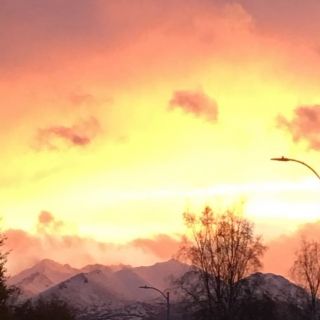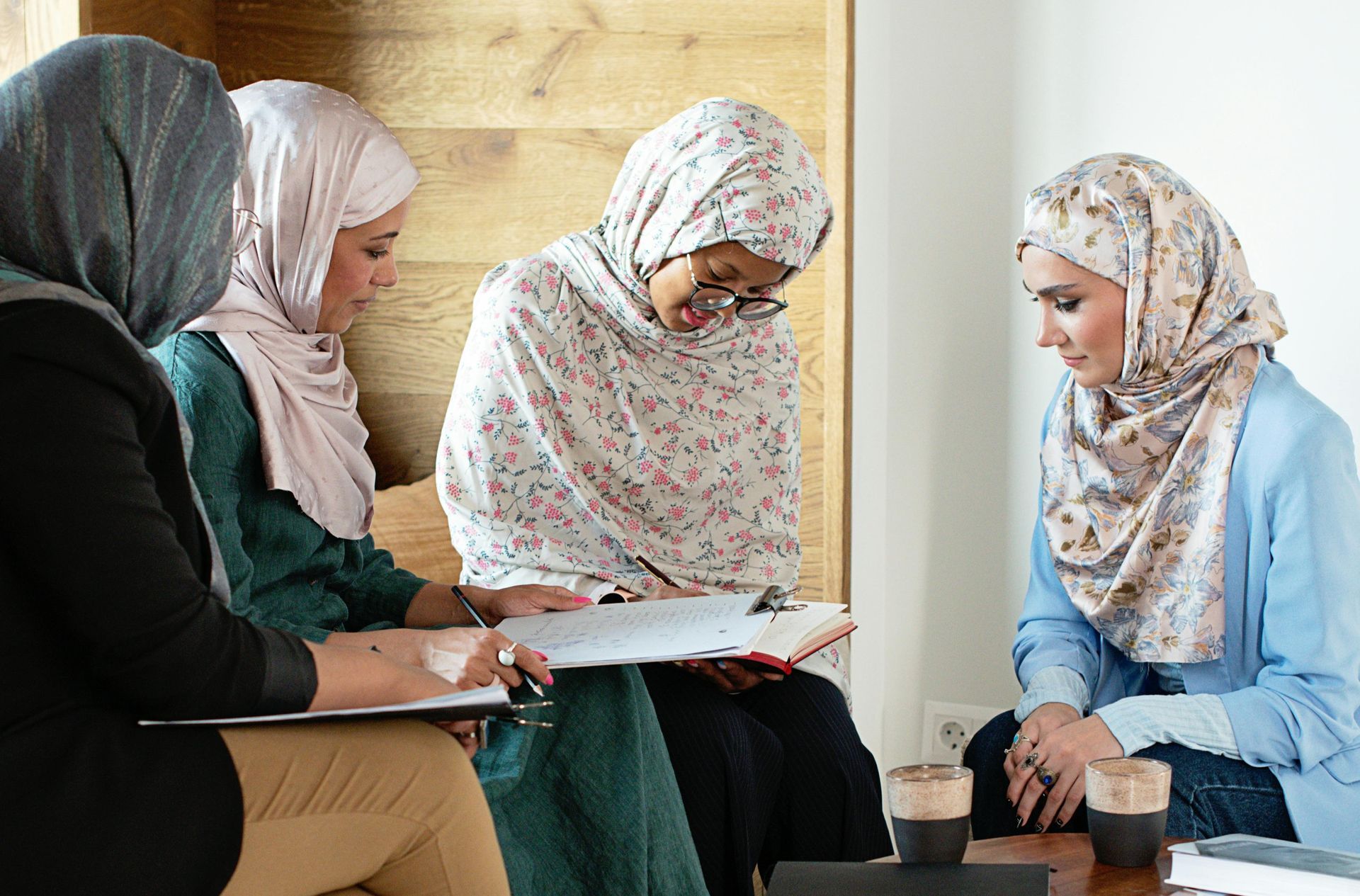
Even in Darkness
In The Far North, abundant with culture and beauty, there is darkness. As with any place, the Far North is plagued by obstacles that keep us from Christ’s redeeming love. The hardships of life are evident daily.
The physical darkness of the Far North manifests in the hearts of the people who live here through depression, often enhanced by alcohol and boredom. Almost everyone in the villages here has known a family member or friend lost to the perils of depression, which feeds the feelings of hopelessness and confusion, manifesting in abuse of all kinds. Growing up in village life myself, I have seen the effects of this depression and darkness, and noticed the repercussions of alcohol and torn relationships as they poison the beauty of the land and people.
Whether growing up in the environment of this or coming in later, as many of our team members have, the cry for grace, clarity, and hope has never been stronger. In this darkness of abuse, loss, and isolation, there is still light .
Much like spring, the heart is thawed and beauty exposed in the presence of the sun. Though remnants of the dark may linger, it is impossible to ignore the majesty of such a place as the Far North, including the diversity and strength of the people. Even in strife, we seek relationships, provide for our families, and honor our heritage. People in the village do not shy away from long days of hard work, nor from admitting their respect for the extreme environment in which they live.
Still, the light of Christ is the only way to permanently abate such darkness. God treasures the richness of such a people, and He seeks their hearts. The warmth of the sun in the spring and summer reflects the inward relief prayer, mercy, and the Gospel brings.
“For even the darkness is not dark to you; the night is bright as the day, for darkness is as light with you.” Psalm 139:12
Join us as we pray for our team members in the midst of this environment, as well as for softened hearts, that God would continue to shine His Light into the Far North.
- Kelly Quist




